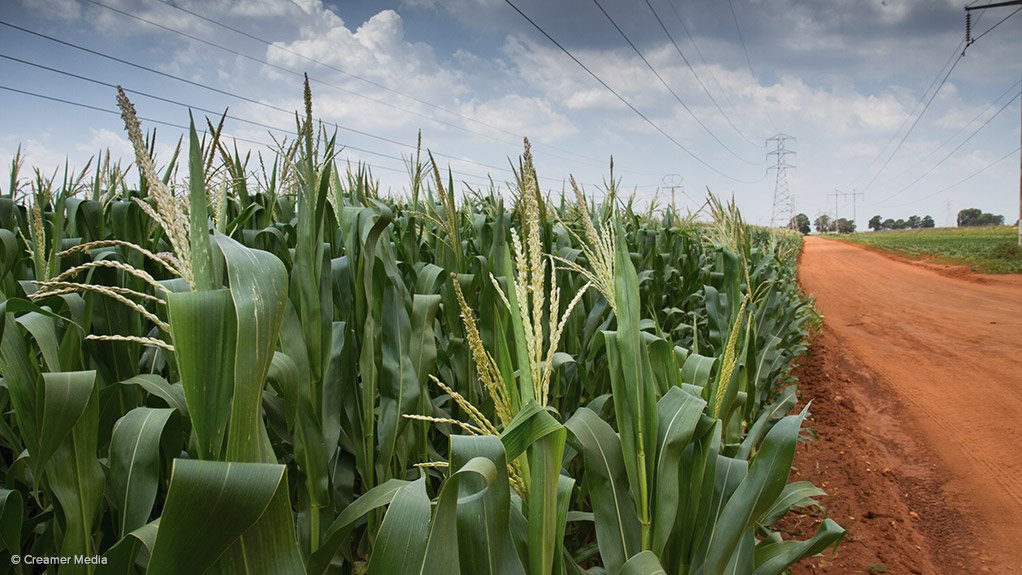Food independence for Africa could be supported through investment by local institutional investors in the continent’s agriculture sector, for which the investment case is very compelling with significant investment capacity, says Old Mutual Investment Group.
Director of strategic projects Craig Chambers told media at the group’s quarterly investment briefing on Wednesday that food imports by Africa, with over 60% of the world’s arable land, were in excess of $25-billion a year.
Compounding the situation, a 70% increase in agriculture production was needed to feed the world’s population, which was expected to be more than nine-billion in 2025, of which 25% was estimated to reside in Africa.
On the positive side, UFF Agri Asset Management joint MD Duncan Vink, who also spoke at the briefing, advised that investors with a long-term horizon were looking to increase their allocation to real assets, such as farmland, owing to economic turbulence globally, a low interest-rate environment and a search for safety as well as yield.
As global food supply demands increased, Africa was the greatest opportunity for profits in agriculture, he emphasised, adding that on the continent 39-million hectares of agricultural land were suitable for irrigation. However, only 7% of this arable land was irrigated, with 3.7% in sub-Saharan Africa.
“Agriculture [in Africa] is compelling for international investors seeking stability and high risk-adjusted returns, as a result of the availability of low-valued, premium farmland and agribusinesses on the continent, and the shortage of locally available capital,” Vink said.
The case for bolstering Africa’s agriculture sector was also supported by retailers and traders increasingly looking to secure their supply lines. As such, balance of power was moving upstream to the supplier of food – the farmer.
Security and long-term offtake by retailers would translate to more predictable and stable earnings, Vink said, creating compelling investment opportunities for long-term investors such as pension and retirement funds.
“Adding agriculture to a pension fund could assist in what might be a lower return, more volatile local and global equity market over the next five years,” Chambers highlighted.
Growth in local demand and investment by retailers across Africa would also create opportunities for local value chains, replacing unsustainable international food logistics.
Chambers said, given a number of socioeconomic factors, including population growth, poverty and unemployment, agriculture was a vital economic driver, accounting for 65% of Africa’s workforce and 32% of the continent’s gross domestic product.
“These factors present acute challenges and make unlocking our agricultural potential not just an attractive option but a necessity.”
Old Mutual had invested over R2-billion in African and South African agriculture funds, using a simple investment model that involved buying a farm, appointing an operator, to which the farm was leased, improving and expanding the farm and exiting and/or reinvesting.
Chambers noted that over the long term, direct farming yields and capital gains had contributed equally to overall South African farmland returns.
South African farmland had also consistently yielded a higher return compared with local and international equity indices, local bond index and local real estate over the medium to long term.
“South African farmland has yielded 22.1% over 15 years to end December 2013, compared with the FTSE/JSE Index at 18.2% over the same period,” Chamber commented.
EMAIL THIS ARTICLE SAVE THIS ARTICLE
To subscribe email subscriptions@creamermedia.co.za or click here
To advertise email advertising@creamermedia.co.za or click here











